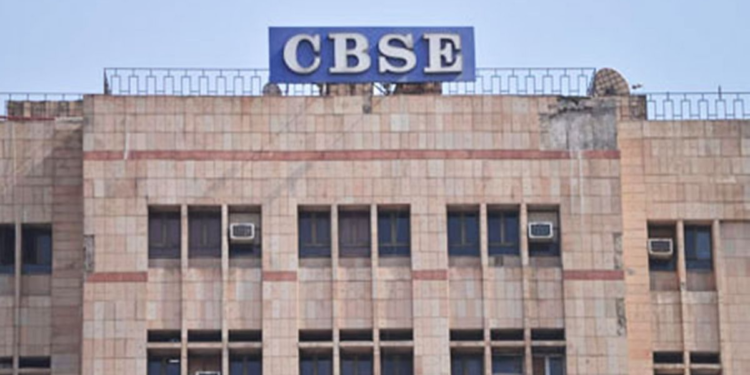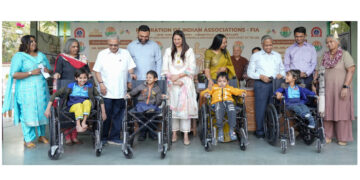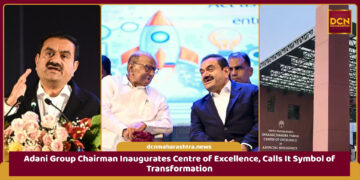New Delhi: The Central Board of Secondary Education (CBSE) has announced a major overhaul in its examination system, approving a proposal to hold Class 10 board exams twice annually from the 2026 academic session. The decision, part of broader reforms aligned with the National Education Policy (NEP) 2020, aims to reduce academic stress and offer students greater flexibility.
According to the draft circular released by CBSE, the first phase of the Class 10 exams will be held between February 17 and March 6, 2026, followed by the second phase from May 5 to May 20, 2026. Both exams will cover the entire syllabus, and students will appear for them at the same examination center. The board clarified that these two phases will also replace the existing supplementary exam system, meaning no separate re-tests will be conducted afterward.
In a significant shift, CBSE has grouped subjects into two categories. Core subjects such as Science, Mathematics, Social Science, Hindi, and English will retain their original exam dates, while all regional and foreign language exams will be conducted on a single day for uniformity. The board also confirmed that students will not receive physical mark sheets after the first phase. Instead, digital scorecards will be made available on the *DigiLocker* platform, enabling seamless admission to Class 11 even for those opting out of the second phase.
Practical exams and internal assessments, however, will be conducted only once a year. CBSE also announced a hike in exam form fees, though specific details remain undisclosed.
Stakeholders, including parents, students, and schools, have been invited to submit feedback on the draft proposal by March 9, 2024, after which the policy will be finalized. A CBSE official stated, This reform reflects our commitment to reducing exam-related anxiety and fostering a holistic learning environment. Students now have multiple opportunities to excel without the pressure of a single high-stakes test.
While educators have welcomed the move as progressive, some have raised concerns about logistical challenges, including the coordination of dual exam cycles and the readiness of schools in rural areas to adapt. The decision marks a pivotal step in India’s education reforms, prioritizing student well-being while aligning with global practices.

















